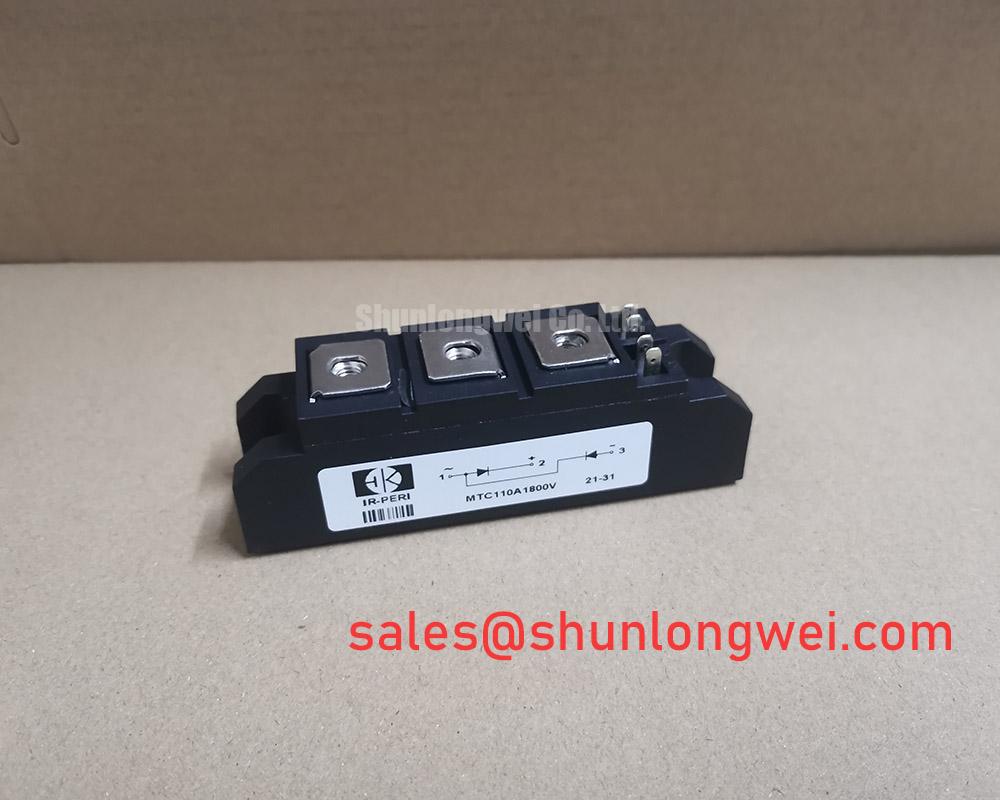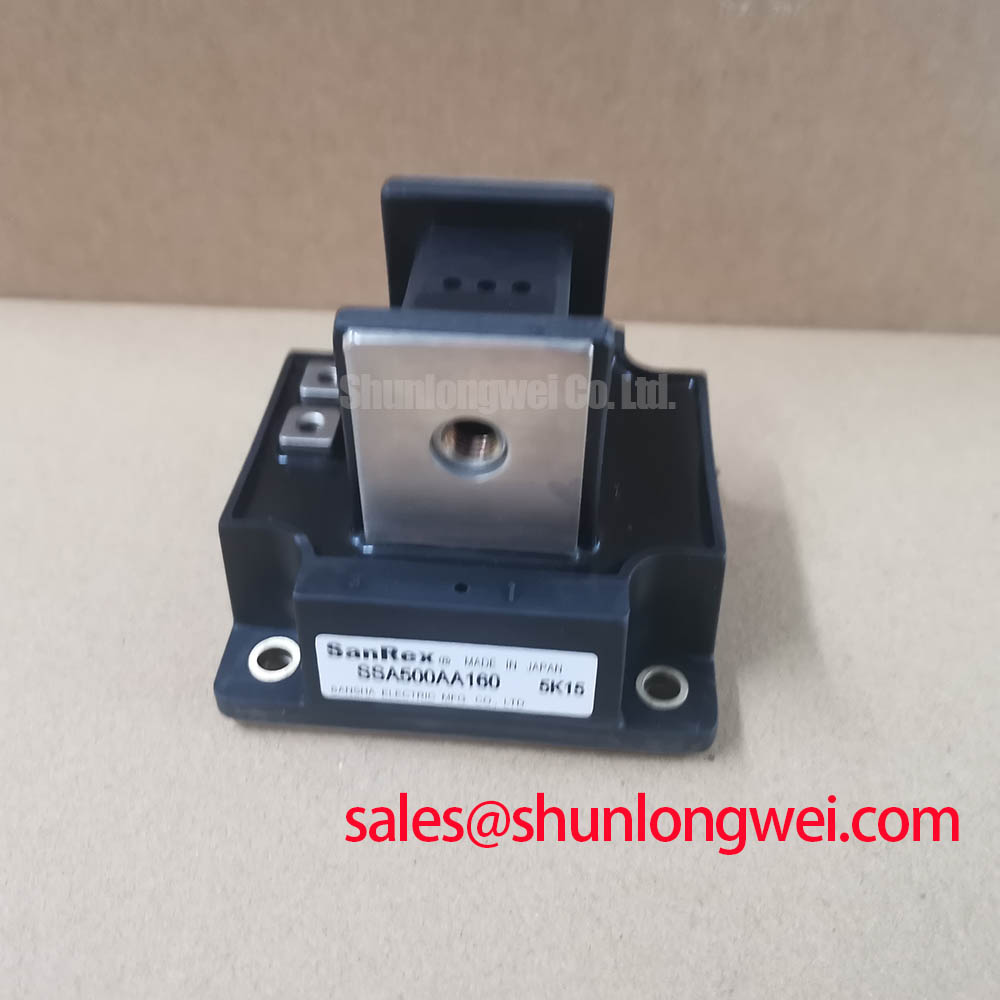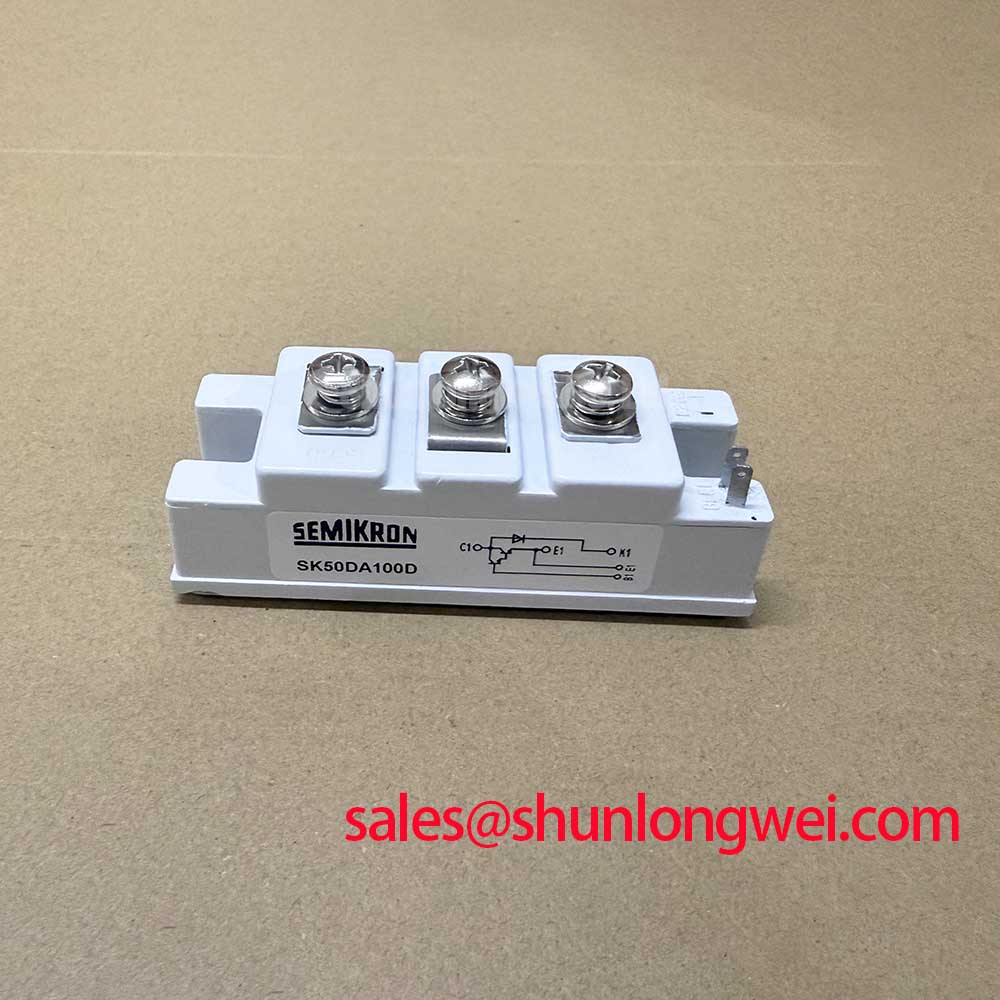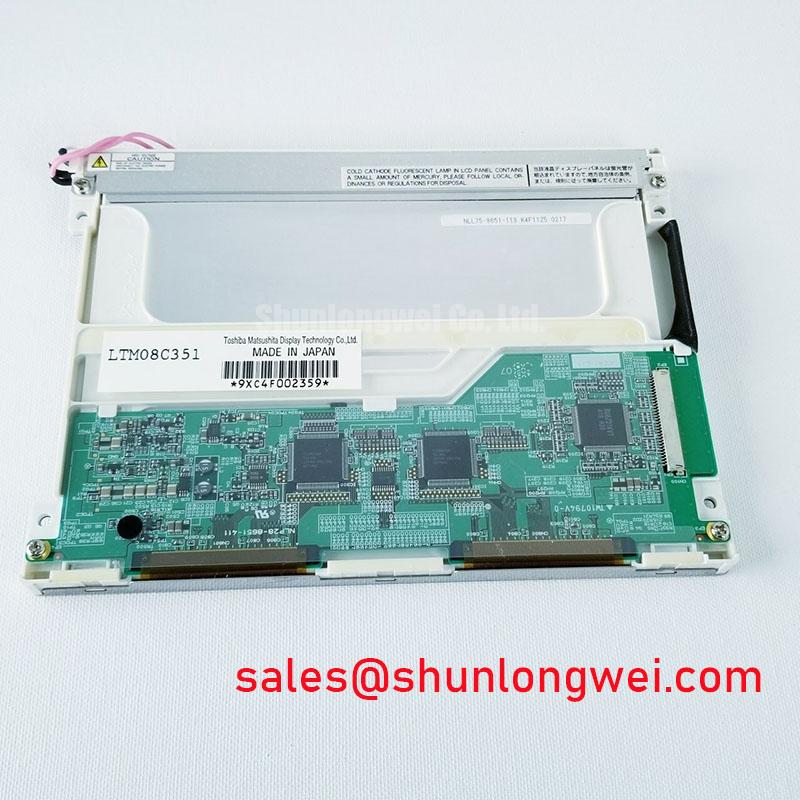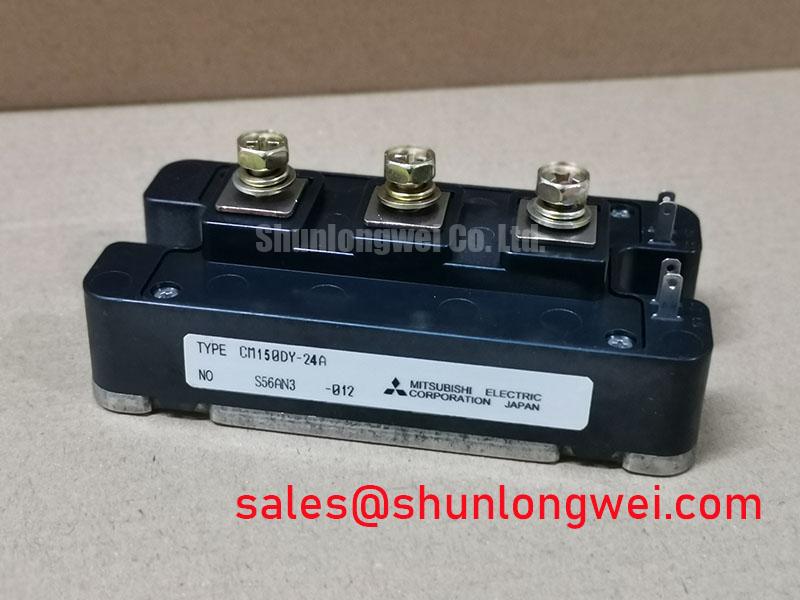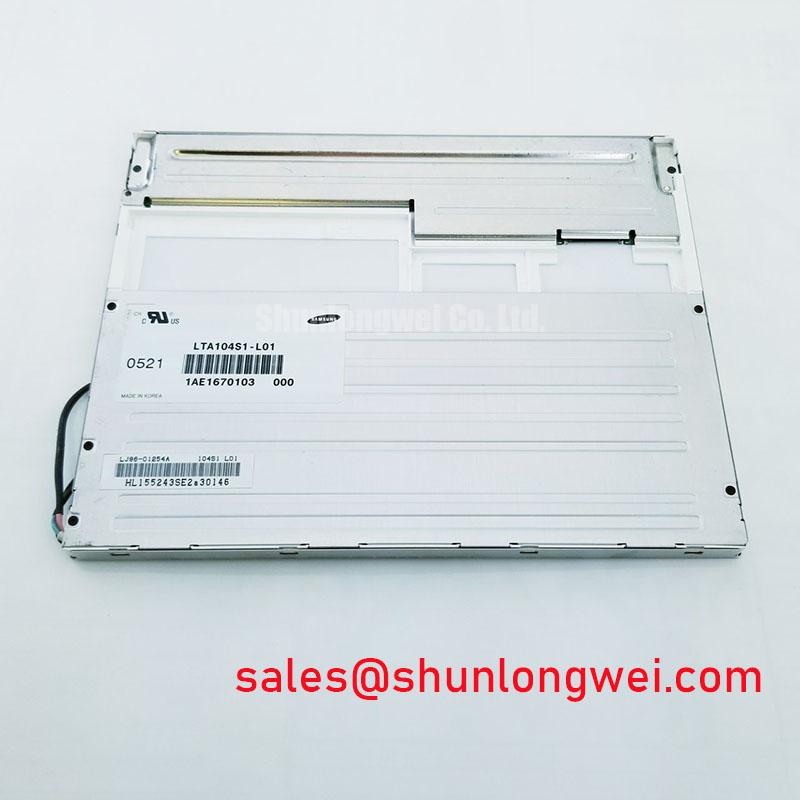MTC110A1800V Thyristor Module: Engineering Reliability for High-Voltage Power Control
Content last revised on October 4, 2025.
Introduction: A Focus on Long-Term Operational Stability
The MTC110A1800V is a thyristor/thyristor module engineered for superior long-term reliability in demanding high-voltage power control systems. It delivers robust performance with key specifications of 1800V | 110A | 3000V Isolation. The primary engineering benefits include significantly increased power cycling capability and enhanced operational lifetime. This module directly addresses the challenge of component fatigue in systems with frequent thermal cycling, such as industrial motor drives. For AC/DC motor drives requiring a high safety margin on 690V lines, the MTC110A1800V's pressure contact design provides an optimal solution for maximizing reliability.
Application Scenarios & Value
System-Level Benefits in Industrial AC Motor Control
In the domain of industrial automation, particularly in applications like AC motor drives and soft starters, power modules are subjected to constant thermal stress from start/stop cycles and varying loads. A key engineering challenge is preventing premature failure due to solder fatigue. The MTC110A1800V directly confronts this issue through its use of pressure contact technology. This design eliminates solder layers between the semiconductor chip and the baseplate, creating a more resilient connection that withstands repeated expansion and contraction. What is the primary benefit of its pressure-contact design? Enhanced long-term reliability by eliminating solder fatigue. This results in a longer operational lifespan and reduced maintenance costs for equipment such as conveyor systems, pumps, and large fan controllers. Its 1800V repetitive peak reverse voltage (VRRM) provides a substantial safety margin for direct operation on 690V three-phase AC lines, protecting the system against common voltage transients.
While the MTC110A1800V is optimized for high-voltage applications, for systems operating at lower voltages but requiring similar current handling, the related SKKD162/16 offers a 1600V rating in a comparable form factor.
Key Parameter Overview
Decoding the Specs for Enhanced Thermal Reliability
The specifications of the MTC110A1800V are tailored for robust performance in high-power applications. The highlighted parameters below are critical for thermal management and ensuring the device operates within its safe limits, which are foundational to its reliability-focused design.
| Parameter | Symbol | Value | Conditions |
|---|---|---|---|
| Repetitive Peak Reverse Voltage | VRRM | 1800 V | - |
| Average On-state Current | IT(AV) | 110 A | TC = 85°C |
| Thermal Resistance, Junction to Case | Rth(j-c) | 0.250 °C/W | Per chip, single side cooled |
| Isolation Voltage | Viso | 3000 V | 50Hz, R.M.S, t=1min |
| Critical rate of rise of off-state voltage | dv/dt | 1000 V/µs | VDM = 67% VDRM, Tj = 125°C |
| Peak On-state Voltage | VTM | 1.69 V | ITM = 330A, Tj = 25°C |
Technical Deep Dive
A Closer Look at Pressure Contact Technology for Long-Term Reliability
The core innovation underpinning the MTC110A1800V's durability is its pressure contact design. Unlike conventional modules that rely on soldered connections, this technology establishes electrical and thermal paths through precisely applied mechanical force. Think of it like a high-performance engine head gasket; it creates a perfect, uniform seal under pressure, but without the permanent, brittle bond of a weld (or solder). This approach effectively decouples the silicon die from the mechanical stresses induced by the expansion and contraction of the copper baseplate during thermal cycling. In applications with frequent power fluctuations, like Variable Frequency Drive (VFD) systems, this eliminates the primary failure mechanism of solder fatigue, leading to a quantifiable increase in the module's power cycling capability and overall operational lifetime.
Frequently Asked Questions
How does the pressure contact design in the MTC110A1800V benefit high-reliability applications?
The pressure contact design eliminates solder layers, which are common points of failure in power modules subjected to thermal cycling. By removing solder, the module becomes highly resistant to fatigue from thermal expansion and contraction, significantly extending its operational life and making it ideal for applications with frequent start/stop cycles or fluctuating loads, such as soft starters and industrial rectifiers.
What is the significance of the 1800V VRRM rating for an engineer designing a motor drive?
A VRRM of 1800V provides a critical safety margin for systems operating on 690V AC industrial mains. It ensures the thyristor can withstand the significant voltage spikes and transients that often occur on industrial power lines without breaking down. This robustness simplifies the design of protective snubber circuits and enhances the overall ruggedness of the final product.
How does the Rth(j-c) of 0.250 °C/W impact heatsink selection?
The thermal resistance from junction to case (Rth(j-c)) is a measure of how efficiently heat can be transferred from the active semiconductor to the module's baseplate. A lower value is better. The 0.250 °C/W rating indicates efficient heat extraction, allowing engineers to potentially use a smaller, more cost-effective heatsink for a given power dissipation, or to operate at higher currents while maintaining a safe junction temperature. This directly impacts the power density and cost of the overall thermal management solution.
Is the MTC110A1800V suitable for use in parallel configurations?
While paralleling thyristors is feasible to achieve higher current ratings, it requires careful design considerations to ensure proper current sharing. The datasheet provides VTM characteristics which are essential for this analysis. Engineers should ensure that both the static (on-state voltage) and dynamic (turn-on time) characteristics are well-matched and may need to implement balancing circuits, such as series inductors, to prevent current hogging by one device.
Strategic Considerations for System Design
Integrating the MTC110A1800V module is a strategic decision for systems where long-term reliability and minimized downtime are paramount. Its design directly addresses a fundamental wear-out mechanism in power electronics. For OEM engineers and system architects, this translates to a lower total cost of ownership, enhanced product reputation, and greater resilience in the field, particularly for equipment deployed in critical infrastructure or continuous-production environments. The adoption of this technology represents a shift from focusing solely on initial cost to prioritizing the lifecycle value of the power conversion stage.

